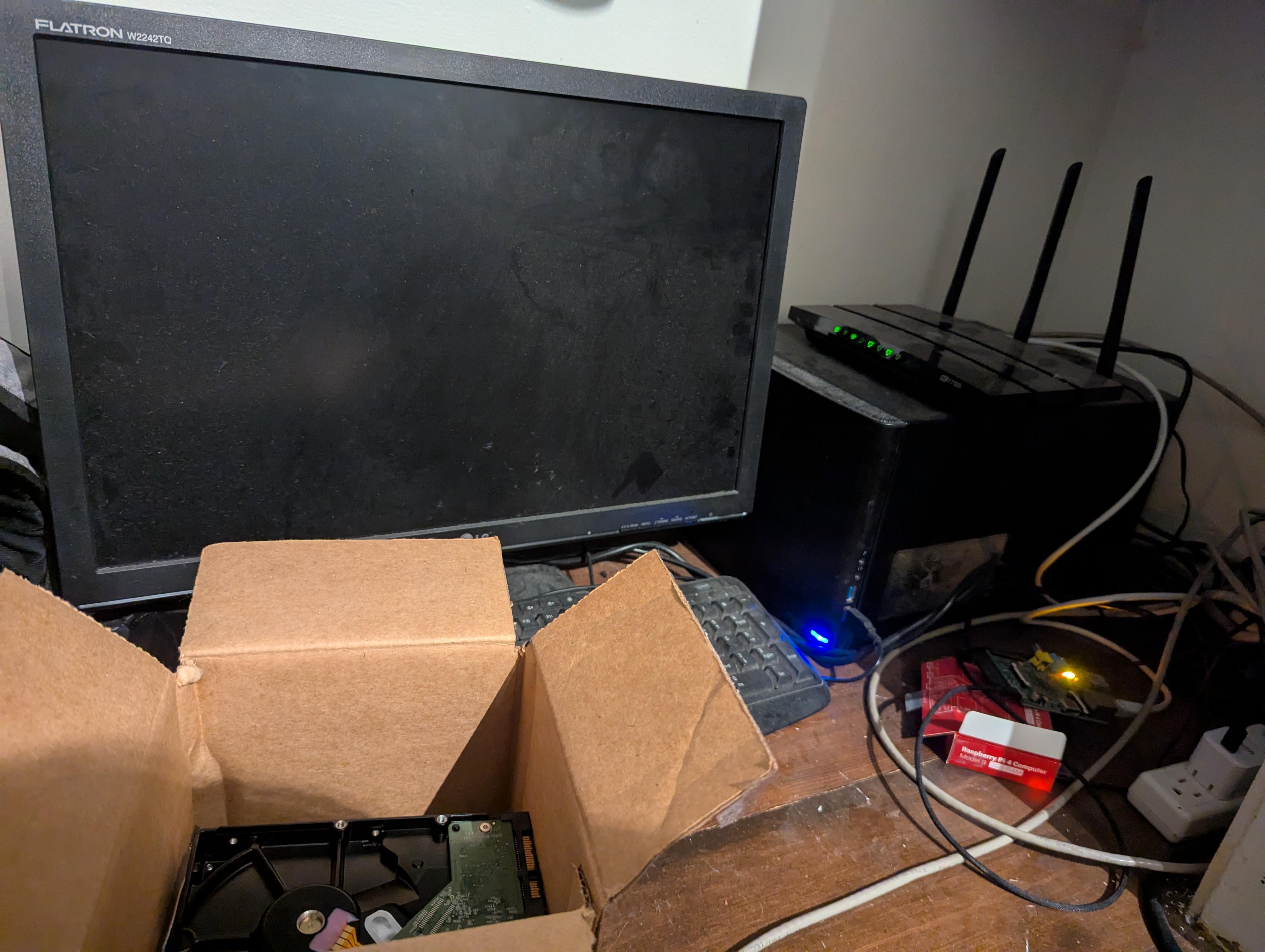

[…] thanks for following up! […]
You’re welcome 😊
All of this user’s content is licensed under CC BY 4.0.


[…] thanks for following up! […]
You’re welcome 😊


[…] OP tell me your conclusion for best hardware licence when you get there.
I think I’m just going to go with CERN-OHL-S [1]. I have yet to find anything better, and @ganymede@lemmy.ml raised some good points regarding it [2], imo.
imo i wouldn’t overlook CERN too much due to apparent obscurity. that’s CERN as in WWW & LHC.
plus it’s specifically designed for hw, unlike most of the others which are more likely to lean sw centric? […]


imo i wouldn’t overlook CERN too much due to apparent obscurity. that’s CERN as in WWW & LHC.
plus it’s specifically designed for hw, unlike most of the others which are more likely to lean sw centric? […]
I think these are fair points!


[…] When some South Koreans were jailed for upholding my license terms when they spotted their employer violating them […]
If they had a court case, do you, by chance, have a source for it?


[…] I thought only the BSD license allowed corporations to profit from your work. […]
The MIT License allows this as well [1].
[…] the MIT License allows reuse within proprietary software, provided that all copies of the software or its substantial portions include a copy of the terms of the MIT License and also a copyright notice. […]


[…] It was just explained to me by many on Lemmy that not just GPL but the actual definition of Open Source requires that you allow large corporations to profit off your work. […]
IMO, you can define it, or any word, however you want; all that matters is that the definitions are agreed upon between the parties engaging in conversation.


Hm, I’ve come across a number of statements that the GPL isn’t well suited to hardware [1][2][3], but I’m not well enough versed in IP law to be confident in my understanding or the soundness of their rationale. Directly from the GNU Operating System:
Any material that can be copyrighted can be licensed under the GPL. GPLv3 can also be used to license materials covered by other copyright-like laws, such as semiconductor masks. So, as an example, you can release a drawing of a physical object or circuit under the GPL.
In many situations, copyright does not cover making physical hardware from a drawing. In these situations, your license for the drawing simply can’t exert any control over making or selling physical hardware, regardless of the license you use. When copyright does cover making hardware, for instance with IC masks, the GPL handles that case in a useful way. [4]
I’m not really sure.
[…] The GPL is also a terrible license for hardware IP (see Intel/ARM), for many reasons […]
[…] In a nutshell, GPL (and all other software licenses) rely on software being something that can be subject to copyright. In general hardware can not be copyrighted, because copyright is only granted to creative or artistic works, but with some weird exceptions like software, IC masks, yacht designs (!). “Useful articles or utility works” are not generally subject to copyright, but some powerful industrial lobbies got some concessions, as otherwise a software “work” would not be protected under IP laws, although specific software algorithms can be patented. […] tldr; use GPL or LGPL, CC-BY-SA, MIT, etc as you like, as a statement of intent, but realise they have little legal teeth. Other OSHW oriented licenses are equally ineffective to protect or control the use of electronic or hardware designs.
[…] This in my opinion is a critical flaw… If you want the hardware to be open, first and foremost, you need a license that actually covers hardware. I’m not sure why do people cling to GPL when it does not cover hardware components, (If you search for GPL hardware, one of the top items will be Richard Stahlman saying this same thing – GPL and hardware do not make sense.) […]


Lemmy [1]


I’m not really sure what the point of this is. Why not just create communities on Lemmy for those listed topics?
What specific features are you looking for?


Can you ping the Jellyfish server from the laptop? Can any other device access the Jellyfish server?


I will preface by saying that I am not casting doubt on your claim, I’m simply curious: What is the rationale behind why it would be so unlikely for such an exploit to occur? What rationale causes you to be so confident?


Looks like a Fractal Node 304?
Yep! I’ve found that the case is possibly a little too cramped for my liking — I’m not overly fond of the placement of the drive bay hangars — but overall it’s been alright. It’s definitely a nice form factor.


It wasn’t a deliberate choice. It was simply hardware that I already had available at the time. I have had no performance issues of note as a result of the hardware’s age, so I’ve seen no reason to upgrade it just yet.





For clarity, I’m not claiming that it would, with any degree of certainty, lead to incurred damage, but the ability to upload unvetted content carries some degree of risk. For there to be no risk, fedi-safety/pictrs-safety would have to be guaranteed to be absolutely 100% free of any possible exploit, as well as the underlying OS (and maybe even the underlying hardware), which seems like an impossible claim to make, but perhaps I’m missing something important.


“Security risk” is probably a better term. That being said, a security risk can also infer a privacy risk.


Factorio’s art style may draw its inspiration from older games that had technological limitations that forced specific art techniques, but I’d only be guessing — I haven’t found any official source that states where Factorio drew its artistic inspiration.
See the latter part of my comment.